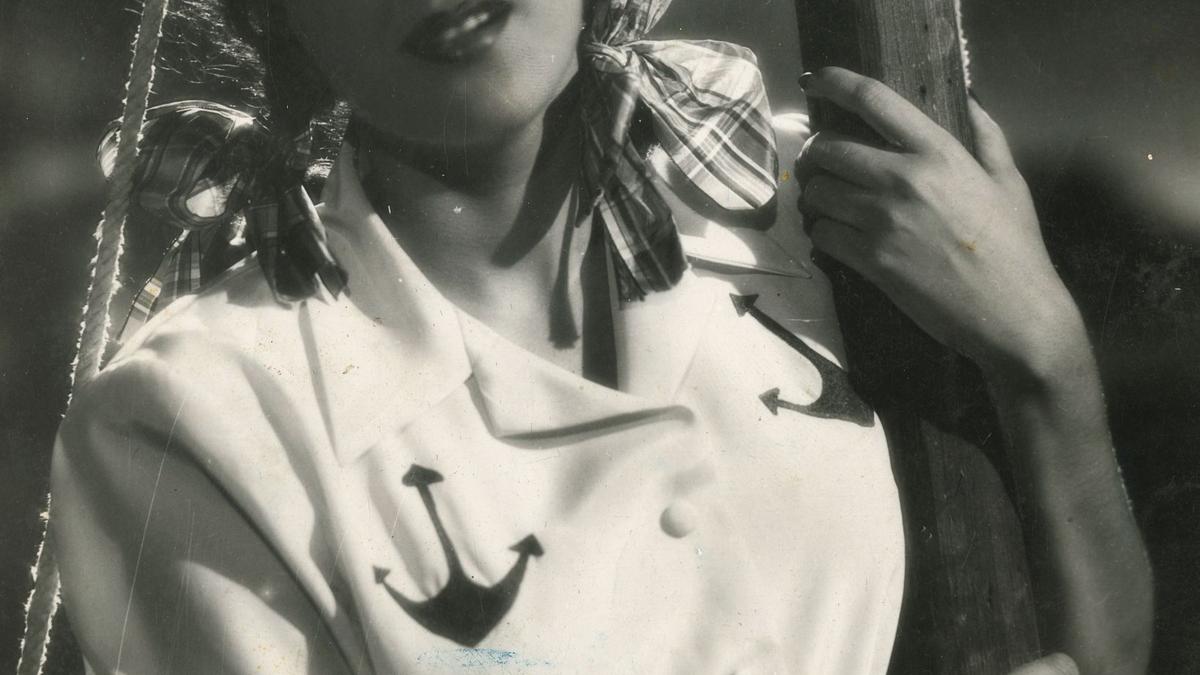
Remembering the first Indian Film Festival in China Premium
The Hindu
Honoring Raj Kapoor as a cultural ambassador, this article explores the enduring impact of Indian cinema in China.
Born in China in the 1980s, I was raised amidst the melodic, if slightly off-key, renditions of “Awara hoon” by my parents. Their fondness for Awara, China’s most beloved Indian film, spanned decades. And herein lies the deep affection that a generation of Chinese people had for Indian cinema. On this significant occasion, we honour Raj Kapoor as a cultural ambassador and the historic debut of Indian cinema in China, a moment that deserves enduring remembrance.
Motivated by the spirit of Asian socialist camaraderie, in 1954, Indian Prime Minister Jawaharlal Nehru made a historic visit to China, becoming the first leader from a non-socialist nation to do so. This visit paved the way for China and India to bring the highly acclaimed “Indian Film Festival,” which had been a resounding success in the Soviet Union that year, to Chinese audiences. In 1955, Awara made its debut in China through this festival.
From October 17 to 23, 1955, China hosted the “Indian Republic Film Week” (hereinafter referred to as the “Indian Film Week”), showcasing the documentary series Art and Construction of India alongside feature films like Awara, Do Bigha Zamin, and Aandhiyan. These screenings took place across twenty cities, including Beijing, Tianjin, and Shanghai. The event concluded with an impressive viewership of over three million.
During the film week, China also extended an invitation to a 12-member delegation of Indian film industry professionals, headed by Prithviraj Kapoor, who portrayed Raj’s father in Awara. The delegation received a cordial welcome from Premier Zhou Enlai, marking a historic moment as it was the first time that China had started dubbing Indian films, thus kicking off the initial wave of Indian cinema’s popularity and acceptance in the country.
This article delves into the original reports from two predominant Chinese media outlets of the era, People’s Daily and Mass Film, to reflect the sentiments of the Chinese cultural sphere and the general audience towards these Indian cinematic masterpieces.
The People’s Daily, established in 1948 as the official newspaper of the Communist Party of China, dedicated significant coverage to the 1955 Indian Film Festival. On October 17, Vice Minister of Culture Xia Yan commemorated the opening of the film week, stating, “The Indian film delegation serves as an artistic, friendly, and peaceful ambassador from the Indian government and its people to China.” The newspaper also documented the profound impact the Chinese audience’s fervent reception had on the visiting Indian filmmakers, capturing a pivotal moment in the tapestry of Sino-Indian cultural exchanges characterised by mutual appreciation and understanding.
On October 18, 1955, at an exchange event at Dahua Cinema in Beijing, Prithviraj Kapoor’s speech was constantly interrupted by applause from the audience. On the same day, at the Jiaodaokou Cinema in Beijing, Indian film delegation member and renowned progressive writer and film screenwriter Krishan Chandar was moved to express to the audience after seeing the warm welcome: “The presence of the Indian people and the voice of Indians in Chinese cinema is a symbol of the friendship and cooperation between India and China.”











